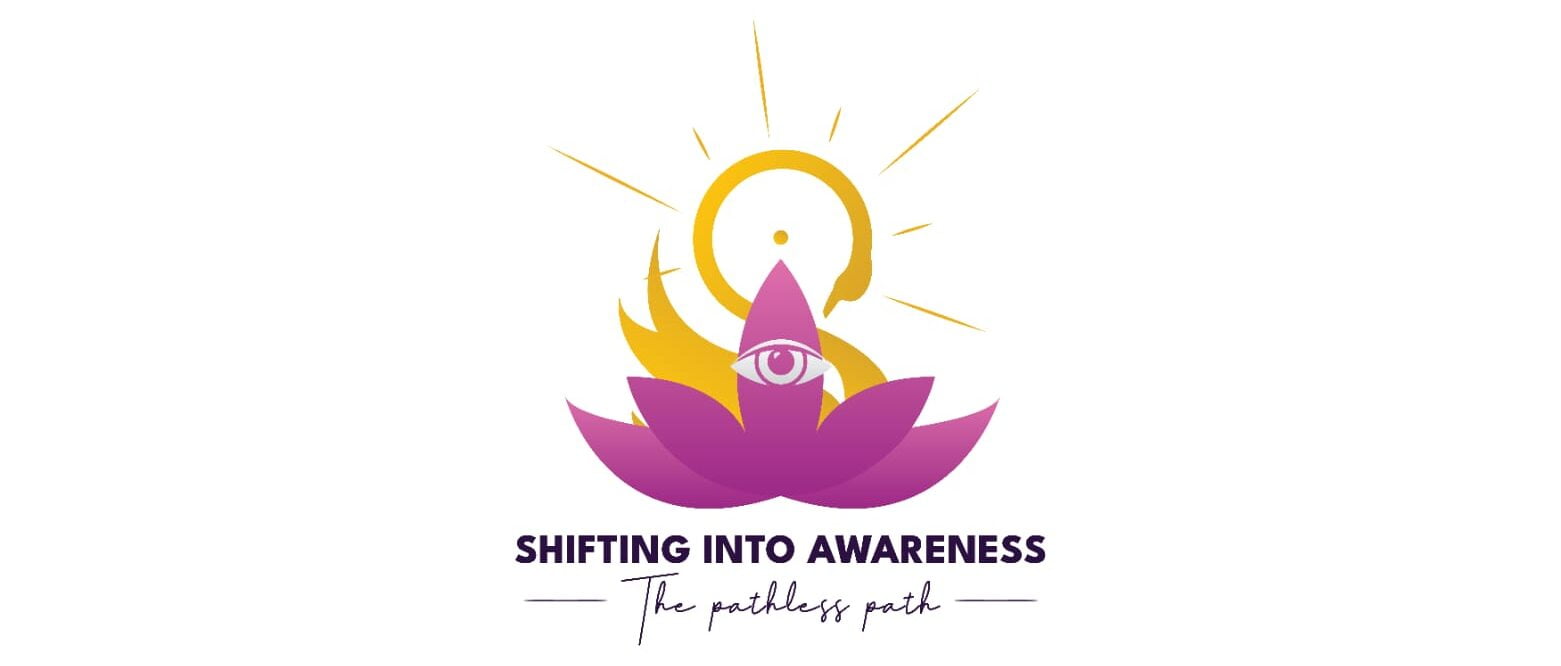Awareness and Consciousness: The Role of the Observer
When it comes to understanding the nature of reality and our place in it, the concepts of awareness and consciousness play a crucial role. These terms are often used interchangeably, but they have distinct meanings that are worth exploring.
Awareness can be described as the state of being conscious of something. It is the ability to perceive and comprehend our surroundings, both internally and externally. Awareness allows us to gather information, make decisions, and navigate through life. It is a fundamental aspect of our human experience.
Consciousness, on the other hand, refers to the state of being aware of our own awareness. It is the deeper level of self-reflection that allows us to observe our thoughts, emotions, and experiences. Consciousness is the part of us that can step back and witness the functioning of our minds and bodies.
This state of consciousness is often referred to as the observer or the witness. It is the part of us that remains unchanged amidst the constant ebb and flow of life. The observer is not attached to any particular thought or sensation but simply watches them arise and pass away.
Viveka, a term from the ancient yogic tradition, refers to the discernment or discrimination between the observer and the observed. It is the ability to recognize that we are not our thoughts, emotions, or physical sensations, but rather the consciousness that witnesses them.
Developing viveka allows us to cultivate a deeper sense of self-awareness and detachment. It helps us break free from the identification with our thoughts and emotions, allowing us to experience a greater sense of peace and freedom.
In conclusion, awareness and consciousness are intertwined aspects of our human experience. By cultivating viveka and embracing the role of the observer, we can gain a deeper understanding of ourselves and the world around us.






Comments are closed, but trackbacks and pingbacks are open.